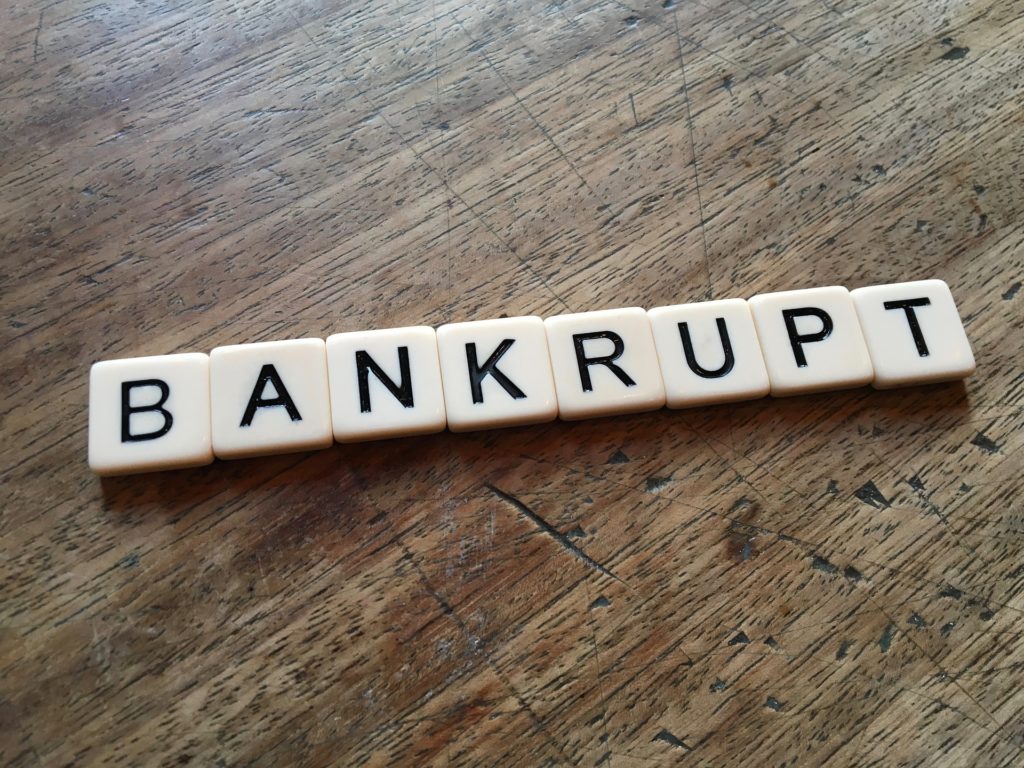
Many people have found themselves in the situation where credit cards have taken up most of their money, or loans have been eating at their wallets. Some of these people make the choice to file for Chapter 7 when they are in need of money. Chapter 7 bankruptcy eliminates many legal obligations of the debtor to pay the debts what existed when he or she filed for bankruptcy. Almost any individual that owns property in the United States can file. However, this comes with several benefits and detriments. It is important to weigh these out before you make the decision to file for bankruptcy. Read below for the pros and cons of Chapter 7 bankruptcy, and see if it is appropriate for you.
Time
Time is a factor to consider when it comes to filing Chapter 7 bankruptcy. On the positive side, filing gives you a quick relief from debt. It takes only 3-6 months from the moment you file to start taking effect and get you on a type of debt management plan. Time can work against you, however. As a negative, filing for a Chapter 7 bankruptcy affects your credit report. A Chapter 7 bankruptcy can stay on your credit report for up to ten years. Time is important to consider when weighing out your decision to file Chapter 7 bankruptcy or not.
Your Property
Your property and possessions can be of value. If you file for bankruptcy, you will be allowed to keep some things and have to get rid of others. You will get to keep the salary or wages that are earned after the filing. Also, you will be able to keep the property you have bought. On the other hand, you will lose all your property that is not exempt from sale by the bankruptcy trustee. You may also lose some of your luxury possessions. These things of value are used to pay off your debt, but this means that the bankruptcy trustee has control over what goes, and what stays. You will have to work with a chapter 7 bankruptcy law firm to determine if it would be possible to keep certain assets.
Financial Obligations
Another thing to consider is what Chapter 7 bankruptcy will cover when it comes to finances. As a positive point, bankruptcy will relieve you of most financial obligations. Filing will also prevent your lenders from expressing aggressive actions to get you to pay. However, your financial obligation is still intact in certain places. For example, bankruptcy does not cover child support or student loan debt. You will still be obligated to pay some of your debts even after the bankruptcy cycle has completed. Consider your financial obligations before you can see if filing for Chapter 7 bankruptcy is for you.
Backup Plan
Another thing you should consider is if you have a backup plan to use within the next few years. Do you have a backup plan if things get worse? If the answer is no, then you may want to consider these things. If you complete bankruptcy under Chapter 7, you will not be able to file again for another six years. It may be harder to file later if something worse comes along. On the other hand, you are able to file for Chapter 13 bankruptcy in the meantime. But you will need to look into the pros and cons for that, too. Filing for Chapter 7 bankruptcy will not always solve your problems, so you need to consider if you have a backup plan set in place.
Life After Bankruptcy
As stated previously, the truth is that bankruptcy will not solve all your problems. Starting with the negative note, you will likely not get a mortgage if you do not already have one. Filing for bankruptcy labels you as a “bad risk” or “high risk” individual. Most places will not want to lend you money. Getting credit cards is much more difficult after filing. If your Chapter 7 claim is accepted, you will have to wait 1 to 3 years before you get a credit card. If you are approved, your interest rate will be much higher than others. However, this is the price you will pay for getting out of your debt with Chapter 7. In the bigger picture, you need to ask yourself. Is it worth it to file for bankruptcy, or not?
No one likes being in debt. Filing for Chapter 7 bankruptcy can take away this financial burden. However, it is not easy to file and it requires a lot of thought and good decision-making before you are able to make the right choice. There are several pros and cons for filing for Chapter 7. If you are considering filing for bankruptcy, it is important to know exactly what you are getting yourself into. Weighing the long term pros and cons is an important first step.